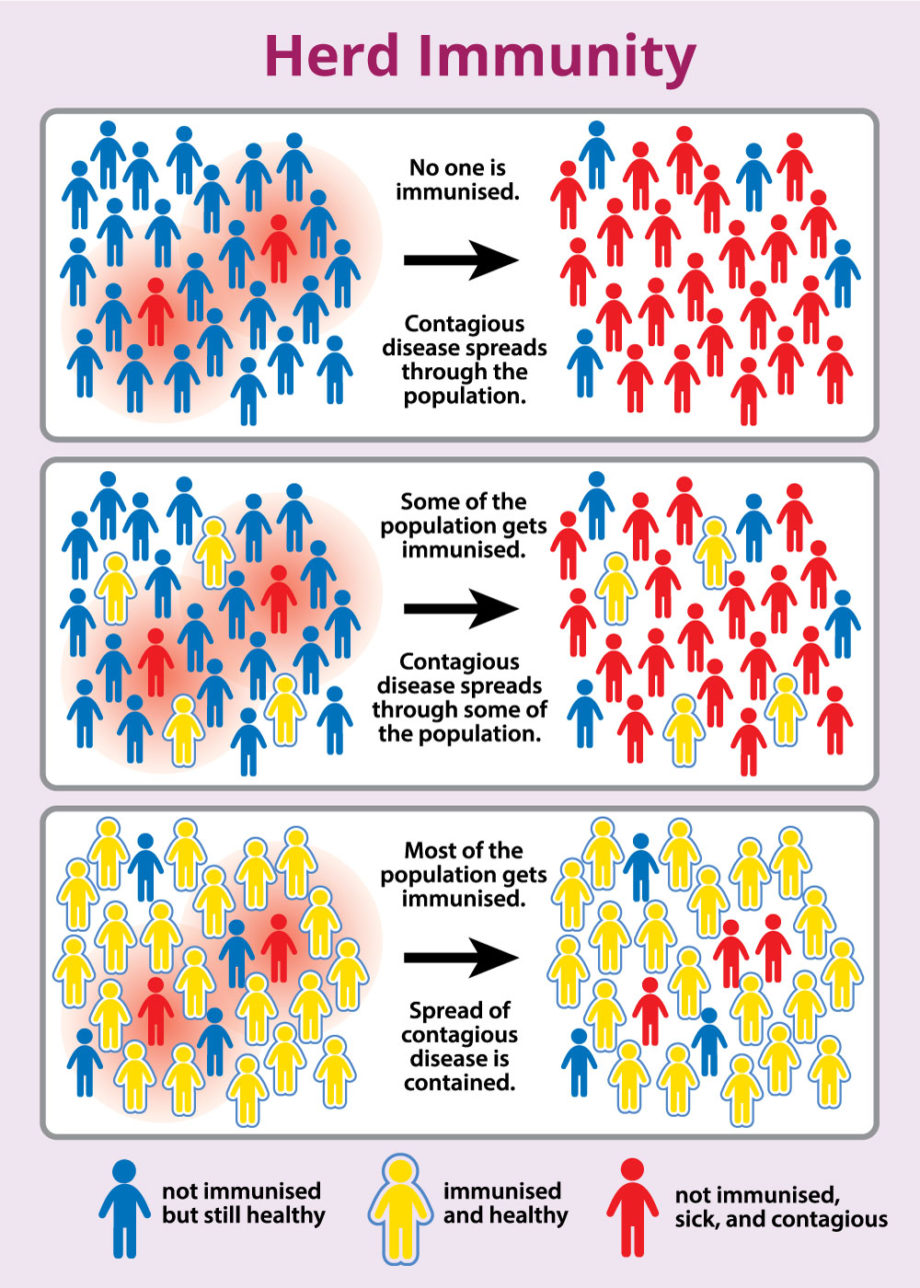Pneumococcus (Streptococcus pneumonia) is a bacterial species that causes diseases such as pneumonia, bronchitis, ear and sinus infections, blood infection (bacteraemia), and meningitis. Pneumococcal meningitis is the most severe as the meninges, membranes covering the brain and spinal cord, is infected by pneumococcus. Complications include brain damage, developmental delays, hearing or sight loss, and worse, death.
Pneumococcus is the most common cause of bacterial meningitis in adults and children. The World Health Organisation (WHO) estimates between 0.7-1 million children under 5 die each year from pneumococcal infection. Approximately 15% of pneumococcal meningitis cases will result in death. In this article, Sarah shares about her son, Adam, who lost his hearing due to pneumococcal meningitis.
Adam’s story
Adam had fever and refused food and drink, so Sarah and her husband took him to the clinic. Adam had an ear infection and was given routine antibiotics and medications. His condition improved but three days later, his temperature went up again. He also kept vomiting and was extremely lethargic. “Adam was like a rag doll when I held him. I kept calling his name, but he gave no response. We immediately rushed to the hospital that morning,” said Sarah. Adam was seriously dehydrated and fluids had to be given intravenously.
Initially, the doctors were unsure of his problem, so they gave antibiotics and steroids as a precaution. Adam’s ailment worsened in the next few hours and he had to be taken to the intensive care unit. A chest x-ray ruled out pneumonia, but results from blood tests indicated a serious infection and a CT scan on his brain found excess fluid in his ear and around his brain. The next day, he underwent a lumbar puncture procedure to check for meningitis. “The test came back positive for pneumococcal meningitis and the doctor told me to be prepared for the worst. I was so devastated. I have heard that people can die from meningitis, but never expected it would happen to my baby,” said Sarah.
The following days, Adam went through a surgery to drain the excess fluid in his ear and brain, and was given high doses of antibiotics to fight the infection. Sarah related, “When Adam woke up three days later and uttered ‘Mama’, it gave me hope that he might be able to make it through.”
His general condition was still poor and his blood pressure was high but they remained hopeful. Adam’s condition slowly improved and he was finally allowed to go home after three weeks of treatment. Adam survived the pneumococcal meningitis, but he had partial hearing loss and was slow in his developmental milestones. “If I am given another chance, I would do everything to prevent this from happening to him. Now, I am just grateful that he survived,” Sarah said.
According to Dato’ Dr Musa Mohd Nordin, children like Adam, who are below 2 years old, have a higher risk of getting pneumococcal meningitis. Adults older than 65 years old, as well as people with chronic illnesses or weakened immune system are also more susceptible. In Adam’s case, he had an ear infection, a risk factor of pneumococcal meningitis, before being diagnosed with it. However, unlike meningococcal meningitis, the often-mentioned small purple rashes rarely appear when infected by pneumococcus. The bacteria spread by direct contact with respiratory secretions, like saliva or mucus. Up to 40% of people, including children, carry the bacteria in their nose or throat without showing any illness. “How it sometimes leads to sickness is still being studied. Hence, vaccination is the best way to protect your kids from meningitis and avoid horrible complications, even death,” stated Dr Musa.
Adults, especially those above 50 years old, should also be vaccinated with the pneumococcal vaccine as they are exposed to pneumococcal infection too. Getting vaccinated also provides an extra layer of protection to children by way of herd immunity. “Herd immunity works when the community has a high rate of vaccination to prevent infection of individuals unable to be vaccinated or children who have yet to develop immunity,” explained Dr Musa. There are two available pneumococcal conjugate vaccines (PCV) that target either 10 or 13 of the most prevalent serotypes. The vaccine is not a part of the Malaysian National Immunisation Programme, but is a recommended vaccine that can be taken at public or private hospitals. Consult your doctor to find out more about this and prevent this terrible disease from ruining you and your family.
An educational contribution by Malaysian Paediatric Association.







Comments